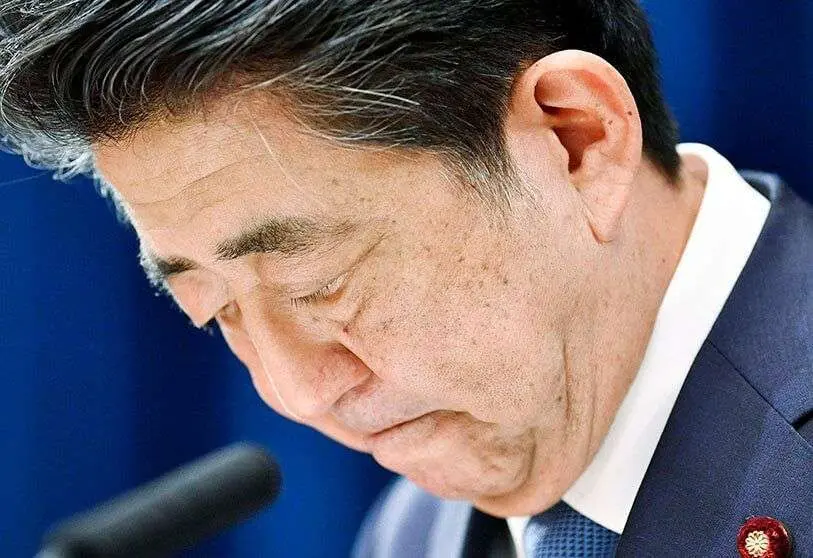Challenges of Japan’s Defense Diplomacy

The recent resignation of the Japanese Prime Minister, Shinzo Abe, highlights two issues that are relevant to the political agenda and that he himself has recognized in his last statement: the reform of the Constitution as far as security issues are concerned, and the territorial dispute with Russia over the Kuril Islands (Northern Territories). Another could be the discrepancies with North Korea. All of them affect the defense diplomacy of the third world’s economy and are strategic issues that Abe’s successor will have to address, as well as the candidates that will run in next year’s elections. Japan’s interests are at the global geopolitical epicenter, which is the Asia-Pacific axis, and have China on one side as an emerging threat and the United States on the other as an ally and strategic partner. Along with this, the missions and capabilities of the Self-Defense Forces are one of the central issues in Japanese policy.
Presence in international operations, security coverage of Japanese interests in other regions or commitments to allies imply a new role for collective self-defense. The consequences of World War II and the subsequent decades of the Cold War have given way to a new scenario that implies a realistic response. The bilateral relationship with Washington is consolidated, although there are nuances in the regional implications. The Korean Peninsula directly affects Tokyo’s diplomatic agenda: as a threat, the North, with its nuclear missile tests; and as a partner and ally, the South, despite disagreements on historical grounds.
No significant changes are foreseen in the direction taken by Abe, as expressed in the 2013 National Defense Strategy, but the successor will need strength and energy to complete the reforms that involve continuing the direction set out and shared by the major parties. The replacement will have to face the announced transformations that have yet to be completed. Among the candidates of the Liberal Democratic Party (LDP) are Taro Kono, the current Minister of Defense; Fumio Kishida, Minister of Foreign Affairs between 2012 and 2017; and Shigeru Ishiba, who was responsible for Defense during the years 2002 -2004.
The roadmap in the foreign and security policy is defined and directed, with solid foundations. An economic power needs capabilities commensurate with its size and ambition that can ensure its development. Dealing with territorial disputes in a region as complex as Asia implies a pragmatic approach. For that reason, Japan – which is a maritime state – needs to build a credible deterrent and foster cooperation in all possible areas.
